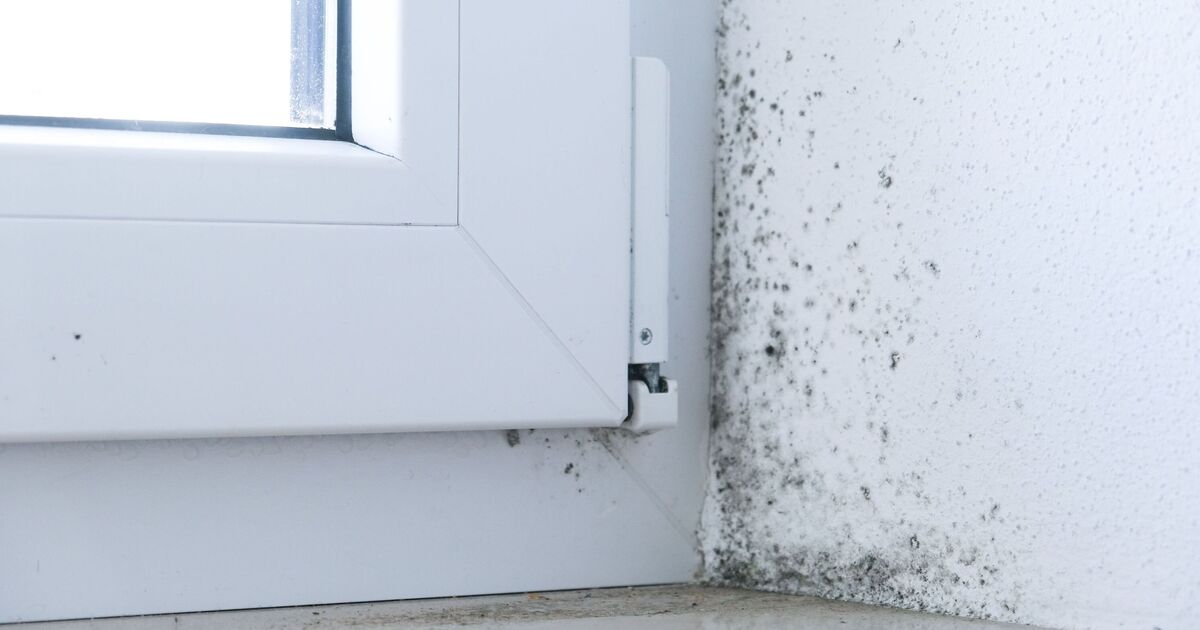Winter is well and truly on its way here in the UK, with temperatures expected to plummet as we head further into November.
And as the weather gets colder, it can present a number of unfortunate problems within your home – such as an abundance of mould.
Mould spores are likely to form as a result of condensation, which is caused when warm air collides with cold surfaces such as windows, resulting in droplets of water.
These can make the air damp, especially since you’re less likely to have a window open in the winter, meaning there’s less ventilation.
Mould can trigger several unpleasant health effects, so it’s important to deal with the issue before it becomes too dangerous.
Over the next couple of months, mould prevention will be at the forefront of many people’s minds before the weather starts to heat up again.
So with that in mind, the experts from London House Clearing Company have shared some valuable advice to help Brits deal with mould at home.
And there’s one thing that’s completely free to do, but can be extremely effective when it comes to mould prevention.
The experts say that keeping doors closed in moisture-prone rooms, such as the bathroom or kitchen, can control humidity and will limit airflow to help avoid mould growth.
It will limit the spread of moisture and mould spores into other parts of the house, reducing condensation on surfaces and allowing ventilation systems to work effectively.
Whether you are showering, bathing, boiling a kettle or cooking on the stove, keeping doors closed during these tasks is a simple way to minimise the risk of growth, especially on the ceilings where air rises.
If you have a lot of houseplants, then you could also be putting your home at risk of mould by making one common mistake – but it’s easy to fix.
Overwatering or poor drainage in plant pots can lead to a build up of water in the soil creating a damp environment for mould to bloom. The effect of fallen leaves or dead roots can decompose and contribute to humidity in the home.
To prevent the risk of mould, using plant pots with drainage holes and placing saucers beneath to catch excess water is a great way to prevent rotting plants.
Remember to also regularly inspect and remove any dead elements to control moisture levels and reduce potential for mould growth.
It’s also worth going around your home and giving it a quick tidy up if you’re concerned about mould.
Decluttering can help prevent issues such as dust, mould and mildew – all of which can be hidden underneath piles of clutter.
November is the perfect time to reconsider those larger items that never get used – from old leaky dryers to airflow-blocking sofas, letting go of the old can help freshen up your space and prevent moisture build-up.
Ensuring you live in an organised, clean space will promote quality airflow and reduce humidity levels as the removed items will encourage air to circulate freely, keep surfaces dry and reduce trapped moisture, minimising the conditions mould needs to grow.












